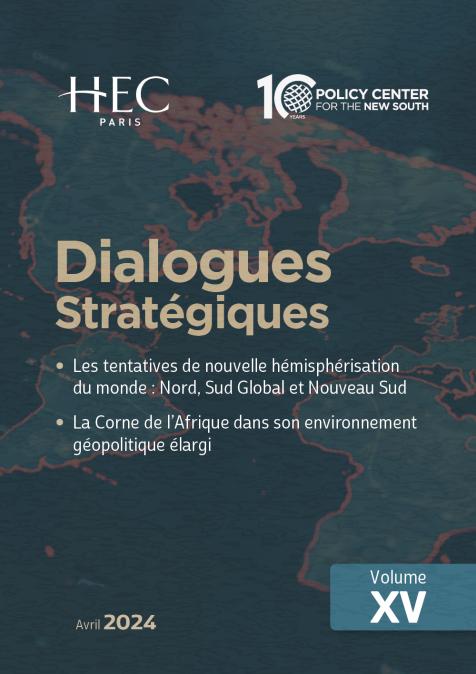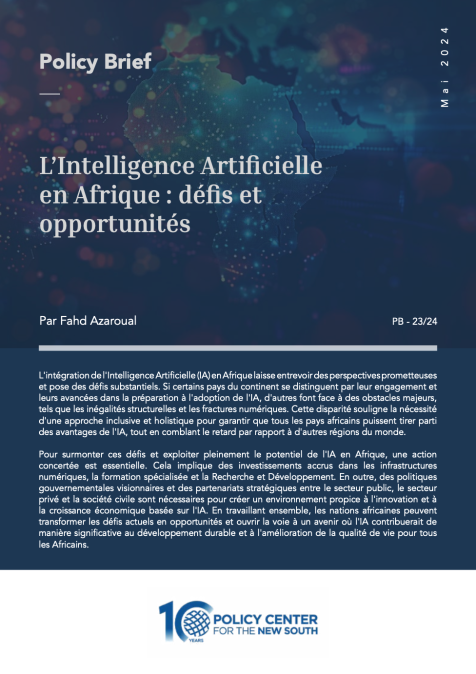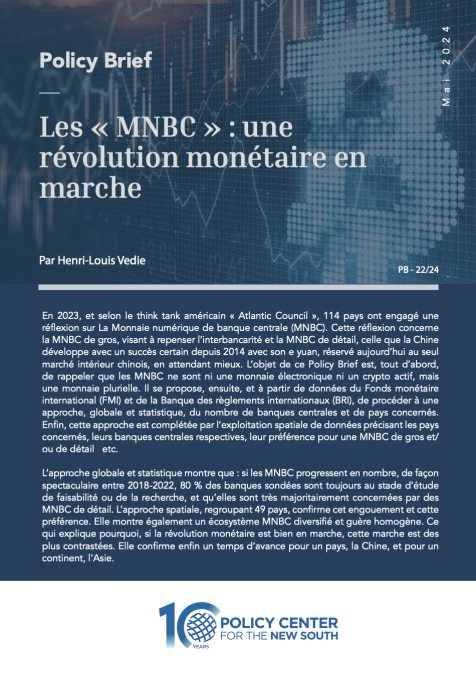Publications /
Policy Brief
Policy Brief
Should Emerging Markets Worry About the Stock Market Correction?
February 20, 2018
The current market turmoil that began on Wall Street worries policy makers in emerging markets, who fear bad consequences on the economic expansion. Since the global economy’s fundamentals remain strong, this fear seem unjustified. However, there are some other risks originating in the United States, namely protectionism and fiscal deficits, which may significantly darken the economic outlook in 2019 and beyond.











